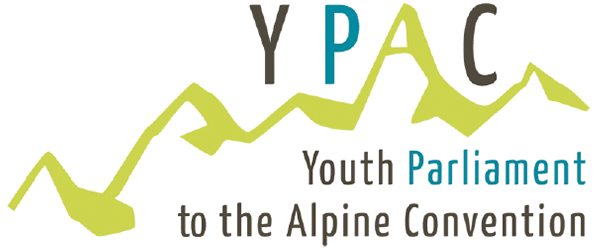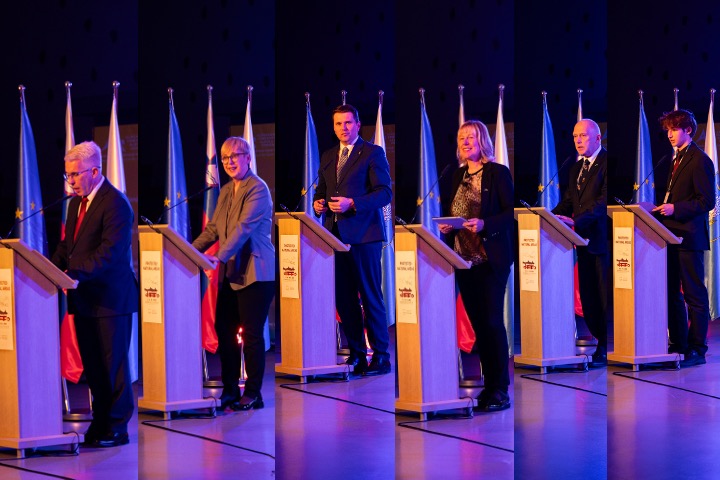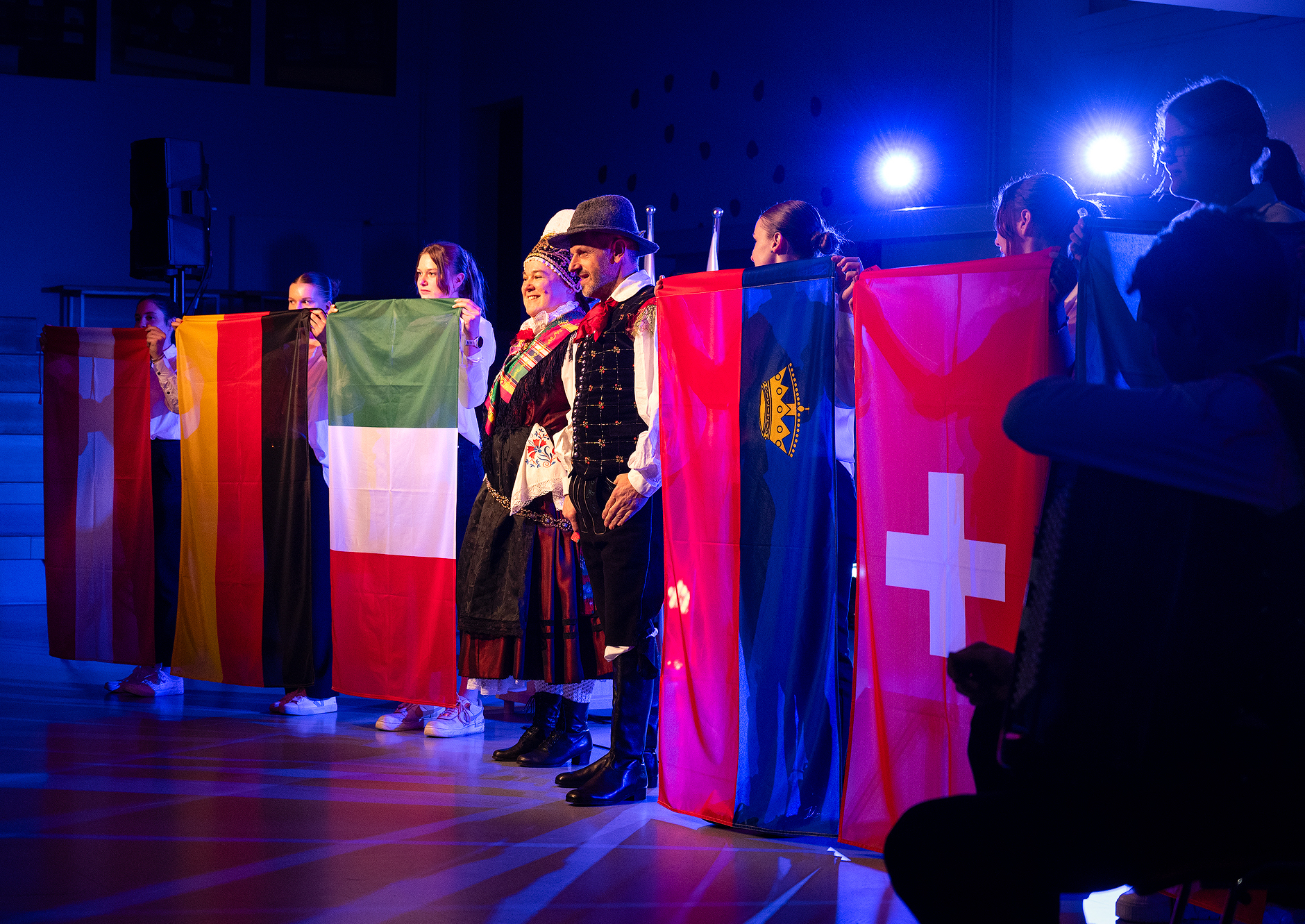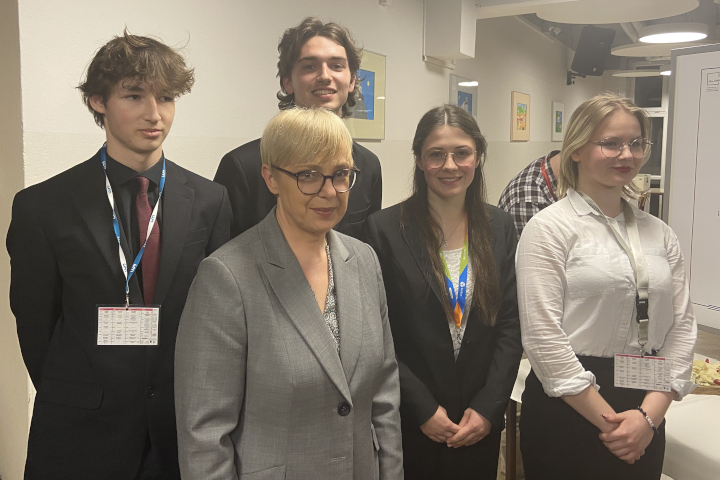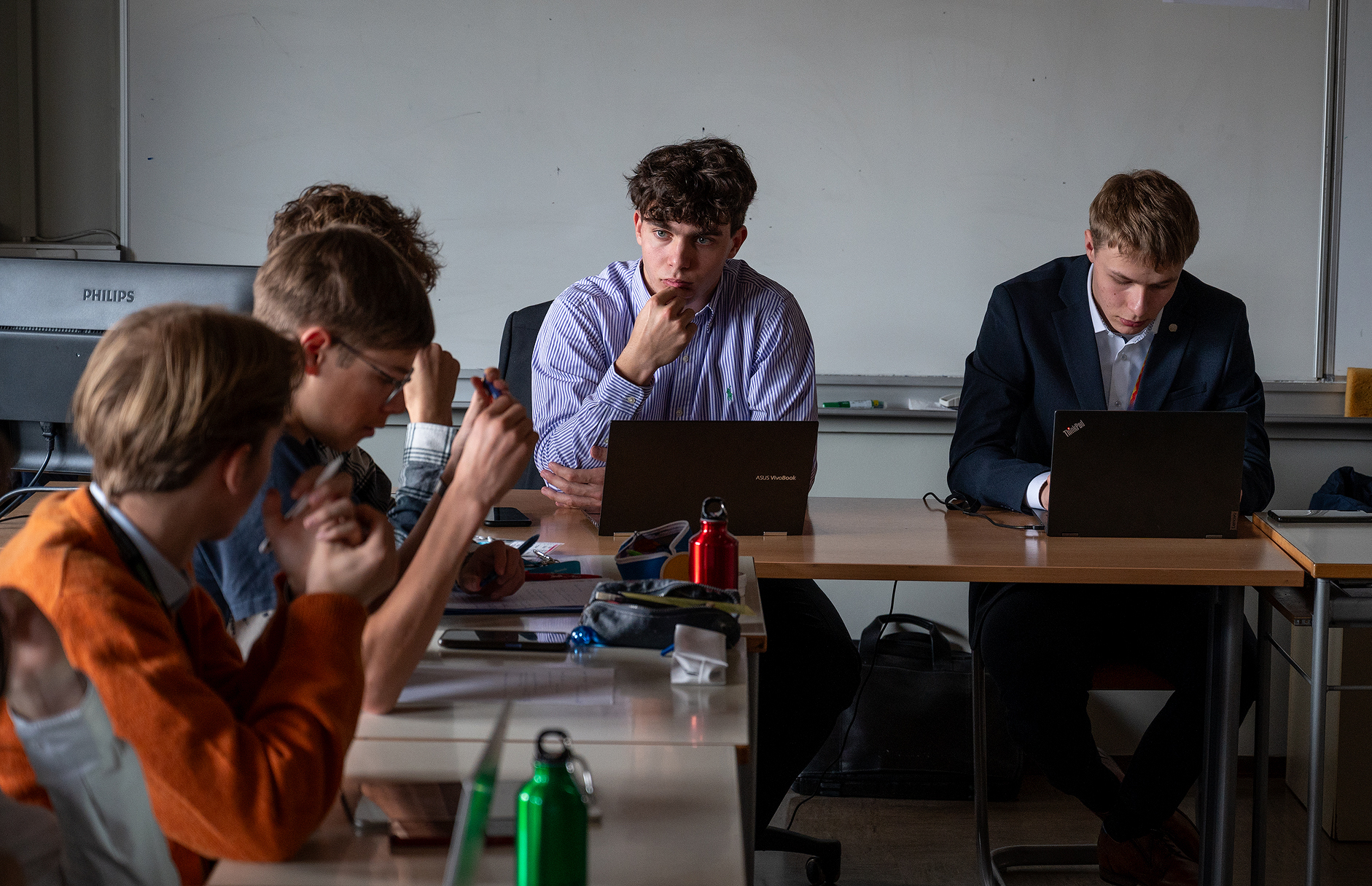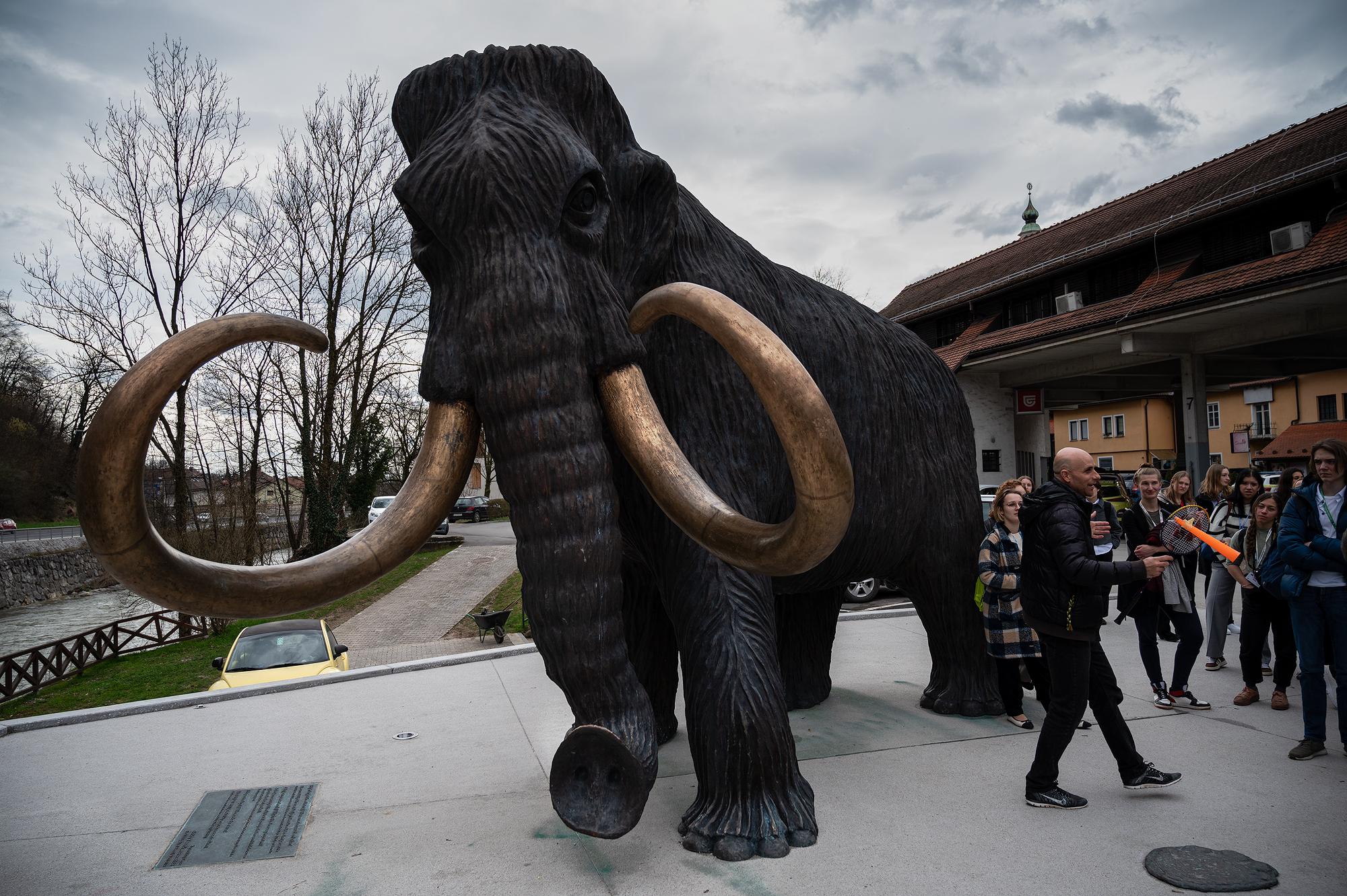

YPAC 2024
March 11th to 15th in Kamnik/Sl

General topic: Protected Natural Areas
Each Alpine country has its own laws, regulations, and strategies for protecting natural areas, which can lead to different definitions and classifications. In general, Alpine countries are committed to protecting their natural treasures, including national parks, reserves, natural monuments, and other areas with limited human intervention in nature. For more detailed information on specific definitions in individual Alpine countries, it would be necessary to examine the legislation and guidelines of each country.
Subtopics (allocated to four committees)
Main questions to be considered:
- To what extent do human activities affect biodiversity in protected areas?
- How is climate change affecting biodiversity in protected areas? How are fauna and flora adapting to climate change? Can we find some evidence of adaptation? Are there any differences across species and their ability to adapt to climate change? How can endangered species be preserved in the long term (i.e. Tetrao urogallus)?
- How can the introduction and spreading of invasive species and their impact on biodiversity be prevented?
- Biodiversity conservation education in schools' curricula: Are students provided with sufficient knowledge on biodiversity and its role for the planet and humankind? How well are students informed about the consequences of the rapid biodiversity loss and of actions that can be taken in order to reverse the trends? Would a more hands-on and interdisciplinary approach be required for students’ holistic comprehension of the topic?
Main questions to be considered:
- How can nature preservation/conservation and quality of life be balanced for local communities in protected areas?
- How can young people be made aware of work opportunities in protected areas so they can contribute to a better demographic situation and to the sustainable development of said areas (see e.g. the project https://youth-at-the-top.org/sl/projekt/predstavitev#what)?
- Tourism is a driving force behind the economy in the Alpine Regions. What types of tourism are suitable for protected areas?
- To what extent do law restrictions concerning housing and infrastructure have an effect on the quality of life?
Main questions to be considered:
- What are the short-term effects of climate change in protected natural areas seen today?
- What long-term issues are we likely to face in said areas because of climate change?
- Which measures can be taken to mitigate the effects of climate change in the protected areas and how can we better adapt to them?
- In recent years, devastating climate-related natural disasters have become more frequent, and protected areas are no exception. Is there sufficient management to prevent damage on a larger scale? Is rehabilitation implemented in time to prevent collateral damage (for instance, greater bark beetle related tree mortality after a blowdown)? What role do the local communities play?
Main questions to be considered:
- To what extent is cultural heritage preservation of vital importance for protected natural areas?
- How do we face the challenge of abandoned cultural heritage as a result of emigration, crafts and manufacture phasing out and population ageing?
- Through millennia of coexistence, human encroachment has created a distinctive cultural landscape. Why and to what extent is it important to preserve its features?
- What educational potential is there in merging cultural heritage with protected areas? How do educational offerings play their role in raising awareness?
Materials for preparation
Protocols and declarations of the Alpine Convention:
https://www.alpconv.org/fileadmin/user_upload/Convention/EN/Declaration_Climate_Change_EN.pdf
Mountaineering Villages:
https://eng.bergsteigerdoerfer.org/6-1-The-Philosophy-of-Mountaineering-Villages.html
"Be Part of the Mountains" by The Alpine Network of Protected Areas (alparc):
https://alparc.org/be-part-of-the-mountain
Delegations
Here are the delegations of Kamnik 2024.
Guests
This year we also have guests: EUSALP Young Council and CIPRA Youth Council.
Press
Press coverage
- Online News: YPAC v Kamniku modre-novice.si 29/02/2024 (sl) (Web)
- Press coverage of the opening ceremony on Nataša Pirc Musar, the Slovenian President's, website: "You have a chance to define your generation and shape the future of the Alpine region for the better" 12/03/2024 (en) (Web)
- Press coverage of the opening ceremony on the website of the municipality of Kamnik: Mladi v Kamniku o prihodnosti Alpske regije Občina Kamnik 13/03/2024 (sl) (Web)
- Online News: Mladi v Kamniku o prihodnosti Alpske regije novice.najdi.si 13/03/2024 (sl) (Web)
- Articles on the school websites: Gimnazija Kamnik (sl) - Liceo Leonardo da Vinci Trento (it) - FOS Marie Curie Meran (de) - Karolinen-Gymnasium Rosenheim (de) - Gymnasium Sonthofen (de) - Liechtensteinisches Gymnasium Vaduz (de)
- Press release: The Youth Parliament to the Alpine Convention campaigns for Alpine protected areas CIPRA News 26/03/2024 (en) (Web)
- Newspaper article: "Architetti di futuro", l'esperienza europea di un giovane delegato Ypac Cronache del Consiglio Provinciale di Trento 291 Giugno 2024 (it) (JPG)
- Newspaper article: Das Karo macht Politik Oberbayerisches Volksblatt 12/07/2024 (de) (PDF)
YPAC's Flying Facts
Flying Facts – Tuesday (PDF)
Flying Facts – Wednesday (PDF)
Flying Facts – Thursday (PDF)
Flying Facts – Friday (PDF)
Video
Watch the video recording of the opening ceremony.
Otvoritvena slovesnost YPAC 2024, Slovenija, Kamnik (YouTube)
